The world this week: The American Civil War begins and ends
Libby Stanford trawls the archives for key events and notable deaths from this week in history

The world this week...
8 April
The United Kingdom and France signed the Entente Cordiale in 1904. The treaty established unity between the two nations against German pressures leading up to the First World War.
In 1953, Jomo Kenyatta, a key member in the organisation of the rebel Mau Mau movement in Kenya, was sentenced to seven years of hard labour. He was released in 1961 and he went on to become the country’s first president.
The Clash released their debut album of the same name in 1977. The British band was regarded one of the most influential early punk rock bands.
In 1994, an electrician found Nirvana singer Kurt Cobain dead in his Seattle home. No one had heard from the star for six days. A medical examiner determined that he had been dead for two and a half days at the time he was found.
Deaths: Mangal Pandey, 1857, Indian freedom fighter; Vaslav Nijinsky, 1950, Russian dancer and choreographer; Pablo Picasso, 1973, Spanish artist; Omar Bradley, 1981, American general; Margaret Thatcher, 2013, prime minister.
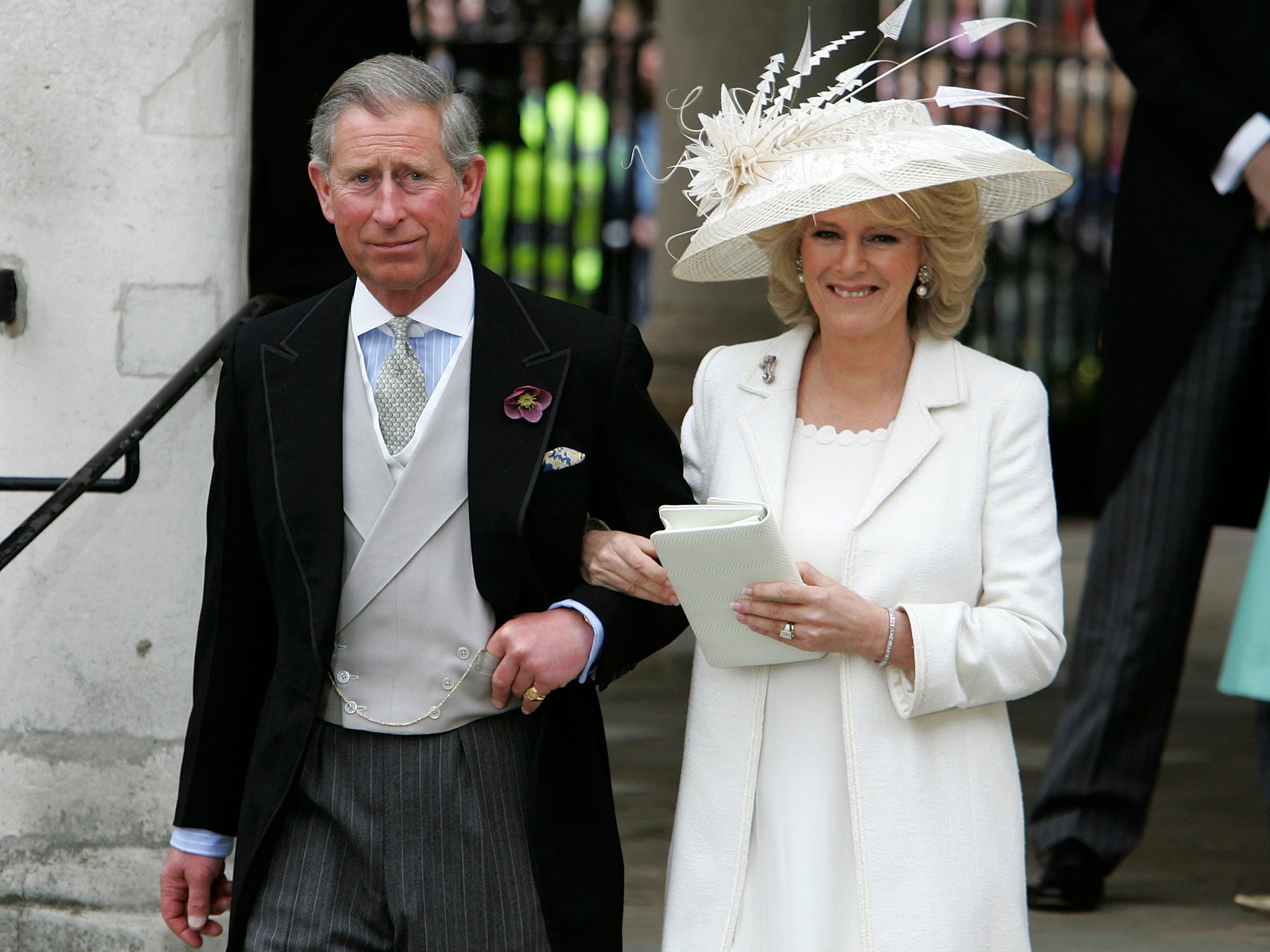
9 April
Robert E Lee, confederate general in the American Civil War, surrendered to Union general Ulysses S Grant in 1865. The surrender ended the civil war and secured victory for the Union.
Germany invaded Denmark and Norway in 1940. Norway officially fell to the Nazis in June of that year.
The first Boeing 737 took flight in 1947.
Prince Charles married Camilla Parker Bowles in 2005.
Deaths: Dietrich Bonhoeffer, 1945, German pastor and theologian; Frank Lloyd Wright, 1959, American architect; Phil Ochs, 1976, American singer-songwriter and guitarist; Andrea Dworkin, 2005, American activist and author; Sidney Lumet, 2011, American director.
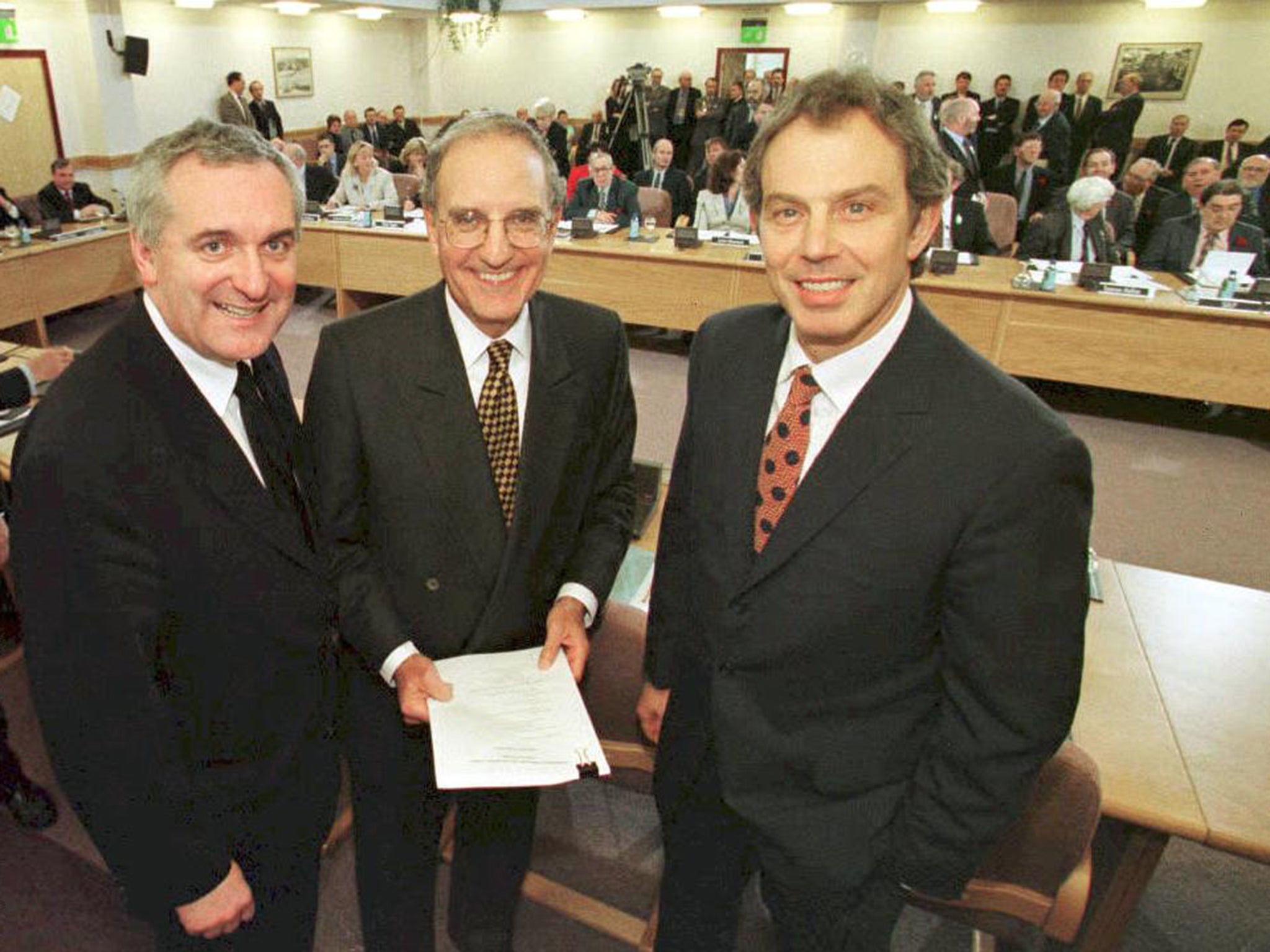
10 April
Paul McCartney left The Beatles in 1970, officially breaking up the world’s biggest band. The announcement came a week before the release of McCartney’s eponymous solo album.
Charlie Chaplin received an Oscar in 1972 on his first visit back to the US in 20 years. Chaplin had left the country due to controversy surrounding his political views.
British and Irish governments signed the Good Friday Agreement, setting how Northern Ireland should be governed, in 1998. The agreement was hailed as a breakthrough after 30 years of the Troubles.
Poland’s president Lech Kaczynski died in a plane crash in 2010. While officials blamed bad weather and pilot error, Kaczynski’s twin brother still believes that the crash was a result of Kremlin sabotage.
Deaths: Emiliano Zapata, 1919, Mexican general; Kahlil Gibran, 1931, Lebanese poet; Pierre Teilhard de Chardin, priest, paeleontologist and philosopher; Linda Darnell, 1965, American actor; Evelyn Waugh, 1966, English author and journalist.
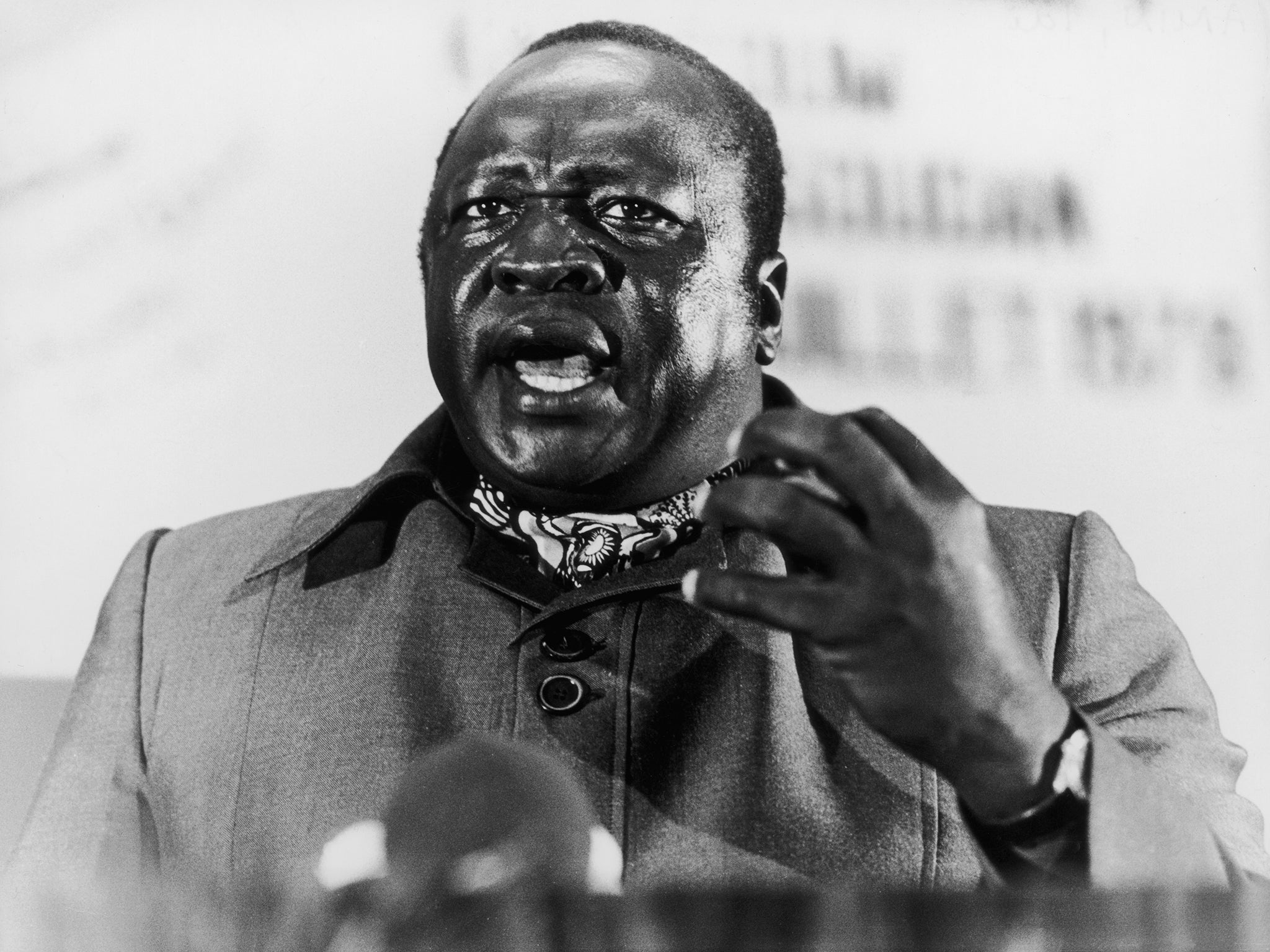
11 April
Napoleon Bonaparte was exiled to Elba in 1814. Bonaparte abdicated the throne before being sent to the Mediterranean island.
The first episode of I’m Sorry I Haven’t a Clue premiered in 1972. It is one of Britain’s longest-running radio shows.
In 1979, Tanzanian troops overthrew Ugandan dictator Idi Amin. During his rule, Amin launched a genocidal programme targeted at the country’s Lango and Acholi ethnic groups.
Iranian president Mahmoud Ahmadinejad announced the Iranian nuclear programme in 2006, leading some countries to accuse Tehran of developing an atom bomb.
Deaths: Dolores del Rio, 1983, Mexican actress; Enver Hoxha, 1985, prime minister of Albania; Primo Levi, 1987, Italian chemist and author; Kurt Vonnegut, 2007, American author; Maria Tallchief, 2013, American ballerina.
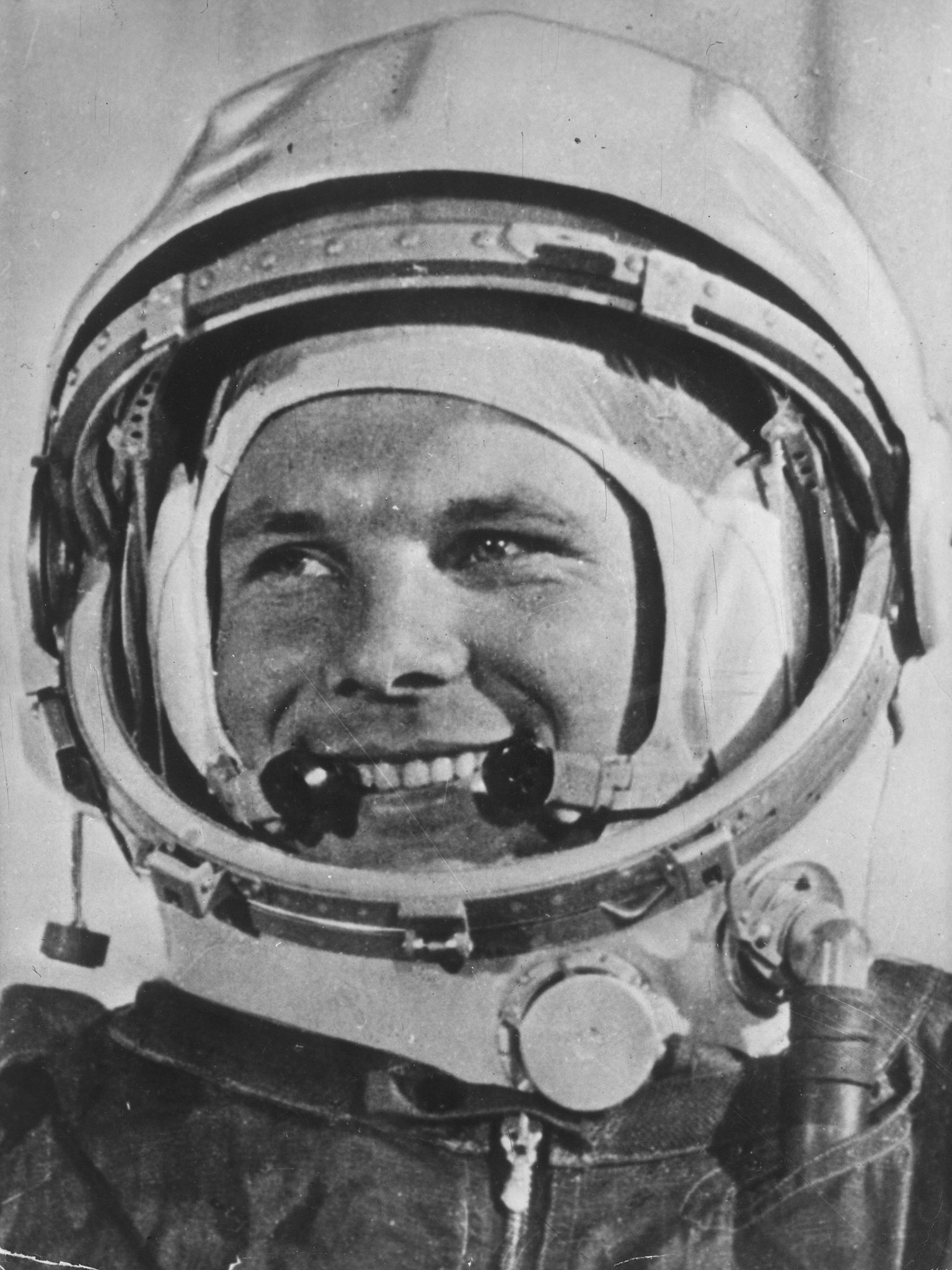
12 April
The American Civil War began in 1861 with the bombardment of Fort Sumter near Charleston, South Carolina. The conflict, which divided the Northern and Southern states, ultimately resulted in the defeat of the confederacy and the end to slavery.
In 1961, Soviet astronaut Yuri Gagarin became the first human being in space. He orbited Earth aboard the Vostok-3KA spacecraft.
Space shuttle Columbia, became the first of its kind launched into space in 1981. Astronauts Robert L Crippen and John W Young piloted the spacecraft.
In 1988, The Last Emperor received nine Oscars. It was the first film to receive all of the Academy awards it was nominated for.
Deaths: Joanna of Castile, 1555, monarch; Franklin D Roosevelt, 1945, US president; Josephine Baker, 1975, American actor, singer and dancer; Joe Louis, 1981, American boxer; Sugar Ray Robinson, 1989, American boxer.

13 April
In 1919, British troops killed at least 379 unarmed Indian civilians. The Amritsar Massacre was the result of Indian nationalists protesting against the British government’s forced conscription of Indian soldiers and the war tax against the Indian people.
Astronaut Jack Swigert uttered the phrase “Houston, we have a problem” in 1970, when an oxygen tank exploded on Apollo 13. The crew managed to return to Earth safely, despite the complications.
Tiger Woods won the Masters Tournament in 1997 at the age of 21. He was the youngest person and the first person of African heritage to win the title.
Deaths: Tewodros II, 1868, emperor of Ethiopia; Bruno Bauer, 1882, German historian and philosopher; Grey Owl, 1938, English environmentalist and author; Angus Lewis Macdonald, 1954, Canadian politician; Harry Kalas, 2009, American sportscaster.
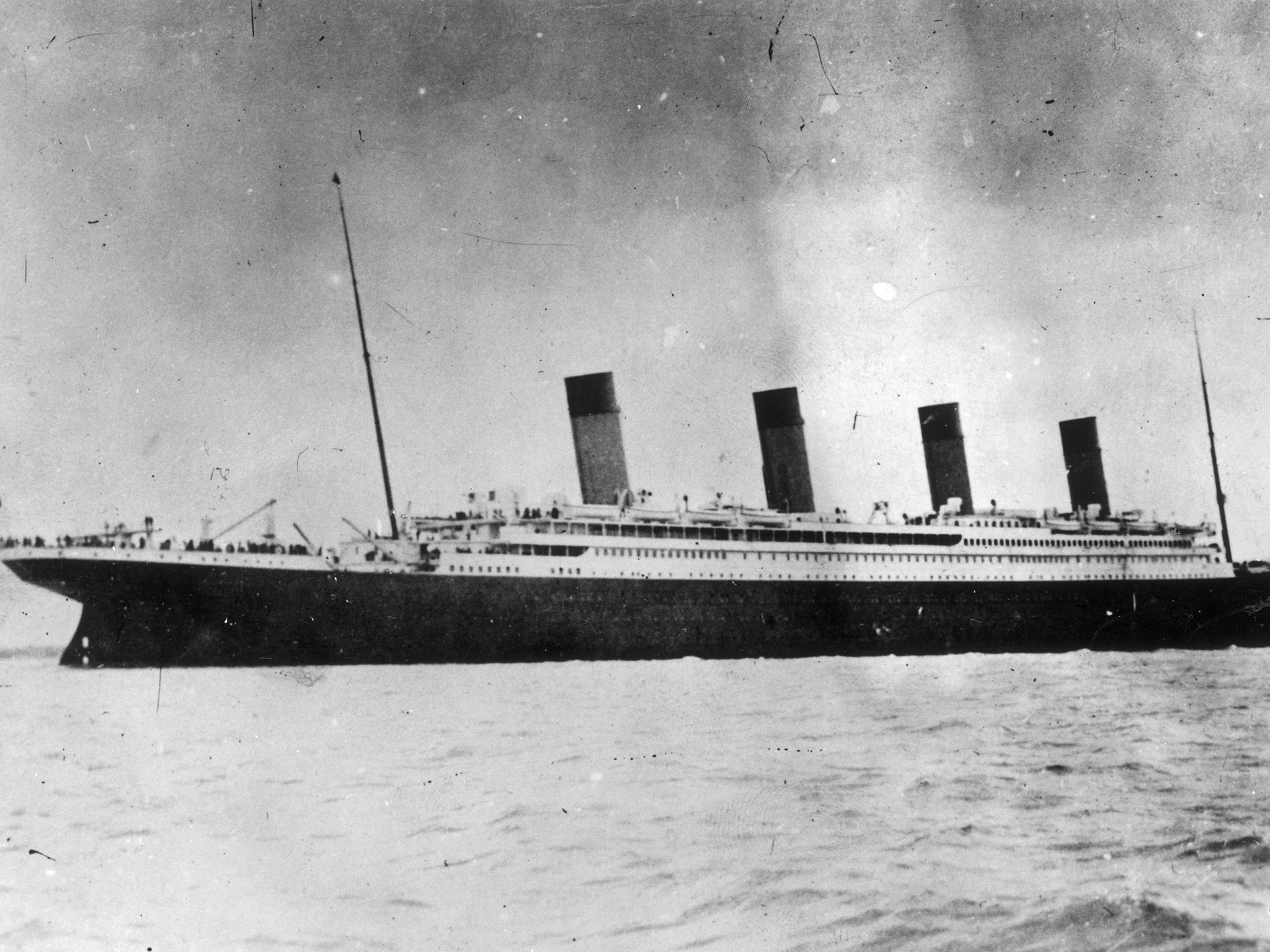
14 April
John Wilkes Booth shot and killed US president Abraham Lincoln during a theatre performance in 1865. The assassination came five days after the end of the American Civil War, which dominated Lincoln’s presidency.
The RMS Titanic hit an iceberg in 1912. The ship didn’t officially sink until the next morning, killing more than 1,500 people aboard.
The heaviest hailstones ever recorded hit Bangladesh in 1986. The hailstones weighed around 1kg and the storm killed 92 people.
The Human Genome Project was completed in 2003. It determined the sequence of nucleotide base pairs that make up human DNA.
Deaths: George Frideric Handel, 1759, German composer; John Singer Sargent, 1925, American painter; Amalie Emmy Noether, 1935, German mathematician; Ramana Maharshi, 1950, Indian philosopher; Rachel Carson, 1964, American biologist and author.

Join our commenting forum
Join thought-provoking conversations, follow other Independent readers and see their replies
Comments
Bookmark popover
Removed from bookmarks